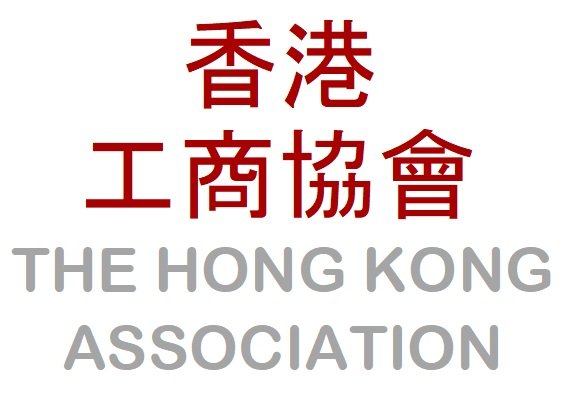Tin Hats and Rice: A Diary of Life as a Hong Kong Prisoner of War, 1941-1945
“I can’t visualise us getting out of this, but I want to TRY to believe in a future,” wrote 23-year-old Barbara Anslow (then Redwood) in her diary on 8th December 1941, a few hours after Japan first attacked Hong Kong.
Barbara’s 1941-1945 diaries (with post-war explanations where necessary) are an invaluable source of information on the civilian experience in British Hong Kong during the second world war. The diaries record her thoughts and experiences through the fighting, the surrender, three-and-a-half years of internment, then liberation and adjustment to normal life.
The diaries have been quoted by leading historians on the subject. Now they are available in print for the first time, making them available to a wider audience.
About the author:
Barbara Anslow was born in Scotland in 1918. In 1938 her family moved to Hong Kong where Barbara and her elder sister joined the Hong Kong Government as shorthand typists.
Her father died in 1940. Despite the risk of a Japanese attack, and expatriate women and children being evacuated to Australia, Barbara and her mother and sisters decided to stay in Hong Kong; the alternative was to return to the UK which the Germans were continuously bombing. So the Redwoods were caught in Hong Kong in 1941 when Japan attacked, and after the surrender they were interned for three-and-a-half years in Stanley Camp. There, Barbara worked in the hospital office, kept her diary, taught shorthand and wrote plays for the children to enact.
After the war ended, she resumed her job with the Hong Kong Government and also became Hansard reporter for the Legislative Council until her marriage to Frank, whom she had first met in Stanley. They had five children in Hong Kong.
About ten years ago, Barbara read that war diaries were becoming popular: until then, no one but herself had seen her diaries. So she sent them to a Stanley group on the internet which posted them online. This reunited her with old friends from the camp, and their descendants asked her questions about the experience. This publicity had some incredible results: an invitation to the Queen’s garden party at Buckingham Palace; a television interview on the 70th anniversary of VJ Day, after which she recited a war poem before Prince Charles and hundreds of Pacific War veterans; and a parade through London streets lined with cheering and waving crowds.
